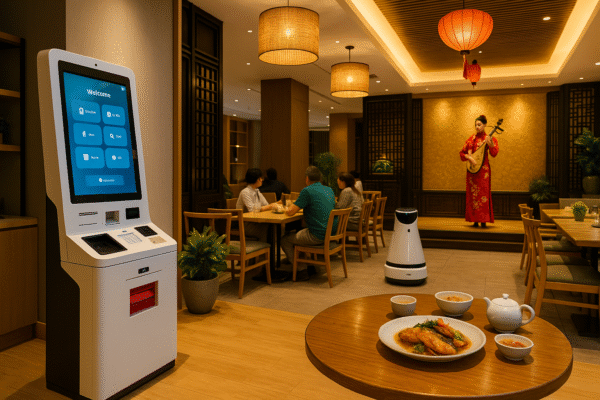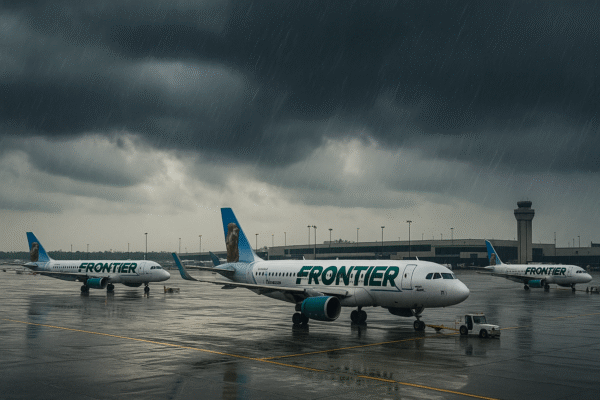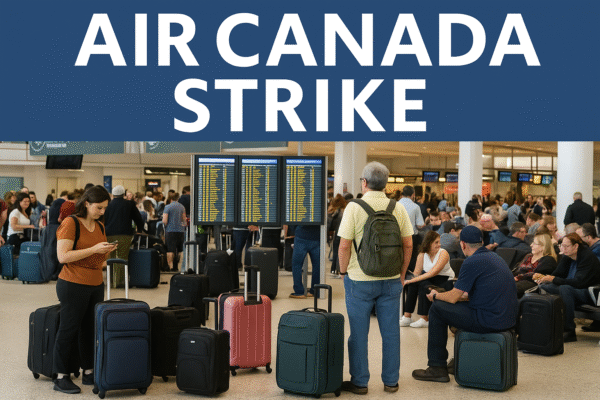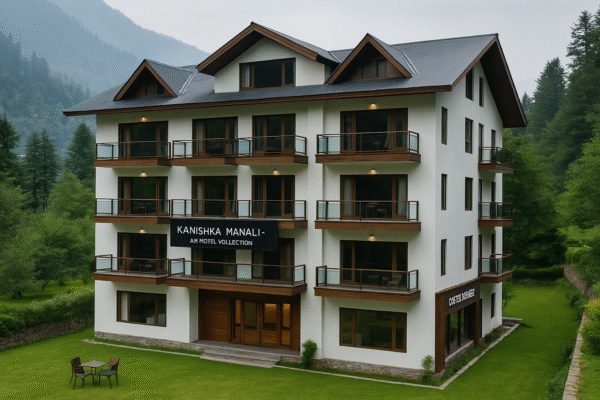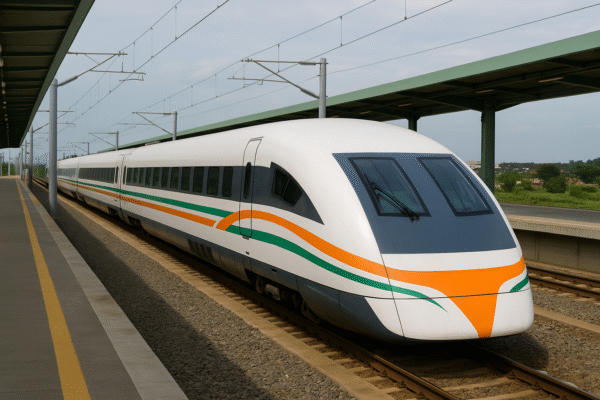Nigeria is poised to embark on a transformational journey with the proposed $60 billion high-speed rail line that will weave a state-of-the-art transport corridor across the nation—from bustling Lagos in the southwest, through the political heart of Abuja, rising northwards to Kano, and stretching eastwards to the economic hub of Port Harcourt. This ambitious rail network promises not only to revolutionise domestic travel but also to elevate Nigeria’s standing as a premier destination for tourism and regional trade.
The first phase targets an initial 1,600 km of sleek, electrified track—laying the foundation for a grand vision: a unified, efficient, and high-speed rail network connecting key cities. This route is projected to slash the journey between Lagos and Abuja from over 12 hours to under three hours—a dramatic improvement that will underpin shorter, more vibrant tourism circuits.
A consortium led by De‑Sadel Nigeria Ltd. in partnership with China Liancai Petroleum Investment Holdings recently presented proof-of-funds to the federal government, signaling that financing details for the initial $55 billion phase are firmly in place.
The project enjoys robust government support: approximately 90 percent of the necessary approvals have already been secured, setting the stage for groundbreaking within a year, with construction expected to be delivered in phases over 36 months. As each new section is completed, Nigerians—tourists and locals alike—could start using parts of the rail even while work continues elsewhere, enhancing both anticipation and utility.
On the energy front, the project is intertwined with Nigeria’s vast gas reserves. The Minister of State for Petroleum (Gas) affirmed that ample supply will underpin the rail’s operations, reinforcing modern logistics with sustainable fuel sources.
Transportation officials are optimistic: beyond passenger convenience, the corridor is structured to accommodate time-sensitive freight, offering synergy with ports and just-in-time manufacturing corridors—especially around Lagos and Port Harcourt. Inland dry ports and dedicated rail spurs promise to ease congestion and open new trade avenues.
But no journey is without hurdles. Analysts flag concerns such as land acquisition delays, security risks, and the challenge of securing reliable, dedicated power—though leveraging gas-fired generation could mitigate grid instability.
Tourism & Cultural Boom: What Travelers Can Look Forward To
- Lagos: Nigeria’s vibrant economic capital, full of Afro-fusion cuisine, buzzing nightlife, and stunning Atlantic beaches.
- Abuja: The grand federal city, offering museums, national landmarks, and cultural festivals—all now within just a few hours from Lagos.
- Kano: Northern Nigeria’s historic heart, rich in centuries-old architecture, local crafts, and authentic cultural markets.
- Port Harcourt: Gateway to the oil belt and the Niger Delta—where rivers meet lively urban life and ecological wonders.
This rail link will stitch together cultural diversity, ecotourism, and commercial vibrancy, encouraging domestic travel while enabling international arrivals an efficient gateway to explore Nigeria’s rich regional tapestry.
Imagine staying overnight in Lagos, catching a bullet‑speed train to spend a day exploring historic Kano, then heading back south to Port Harcourt for delta adventures—all in the span of a long weekend. Tourism boards can craft dynamic packages: “Four Cities in 36 Hours,” or “Culture to Coast Express.”
Economic & Social Impact
The economic ripple effects stretch beyond tourism—spanning logistics, local business growth, job creation, and regional integration. As the rail rolls forward, emerging service hubs, hospitality venues, and industrial parks will follow. Multiple agencies have flagged this as a massive opportunity for Nigeria to harness, positioning the high-speed rail as a cornerstone infrastructure asset that elevates travel, craftsmanship, and trade flows across the region.
Conclusion: A Rail of Promise for Nigeria
From coast to capital, to cultural crossroads and delta frontiers, Nigeria’s ambitious high-speed rail signals more than modernization—it defines a future of seamless travel, economic synergy, and national unity. With funding in place, approvals secured, and timelines set for phased delivery, the tracks are being laid not just for trains, but for a new era of tourism, trade, and transformation across Nigeria.
Whether you’re a curious traveler, tourism developer, or business innovator, the high-speed rail promises to redraw Nigeria’s travel map—making the vast distances of today feel closer, connected, and brimming with possibility.
For more travel news like this, keep reading Global Travel Wire


